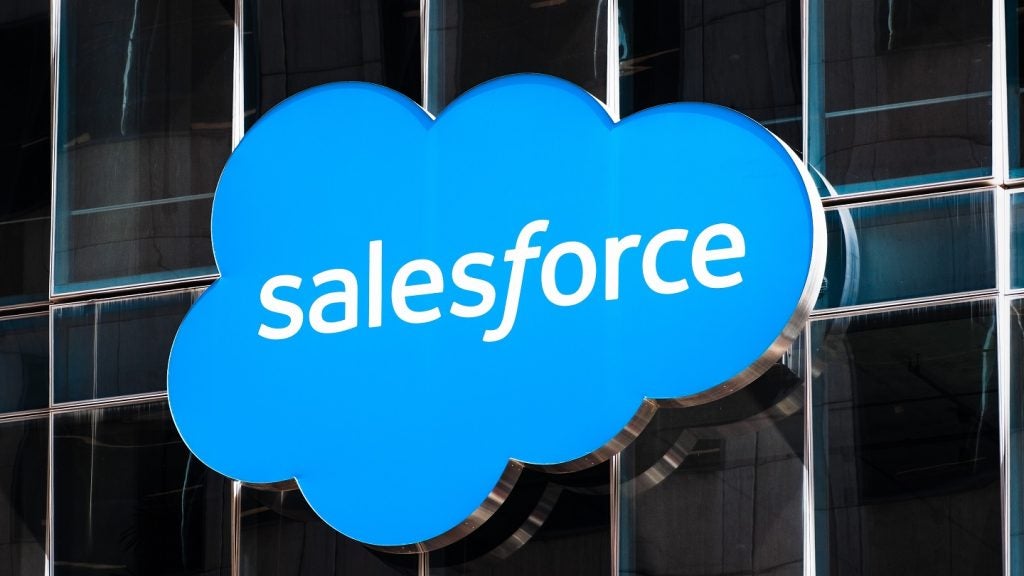
Klarna has had a brutal couple of weeks. Reports in May said the fintech startup’s next capital raise would shave more than 34% off its $46bn valuation. Reports suggest the downround could slash Klarna’s valuation to $30bn, causing it to lose its title of being Europe’s most valuable privately owned tech venture.
Losing that crown isn’t its only problem. The public battering continued last week. The buy-now-pay-later (BNPL) quadradecacorn announced plans to sack 10% of its global workforce. Despite these setbacks and the chilling headwind freezing the fintech industry’s explosive growth, Klarna is in a celebratory mood.
On May 30, Klarna announced that the fintech has passed a new milestone in Ireland: the company now claims to have 500,000 consumers in the country. The Swedish company has also inked deals with over 800 merchant partners in Ireland. Klarna has over 400,000 retail partners around the globe.
“Klarna’s growth in Ireland truly speaks about the evolving consumer trends and increased demand for flexible payments,” said Colin Creagh, head of business development in Ireland at Klarna. “Irish consumers are keen digital adopters and now more than ever are looking for options that can give them greater control and flexibility over how they want to shop and pay.”
However, the 17-year-old startup did not return Verdict’s questions about how the Irish growth will affect the sacking of an estimated 650 people from its 6,500 strong staff. The US iS Klarna’s fastest-growing market by volume and ira second-largest by revenue.
Klarna cuts staff
Klarna CEO Sebastian Siemiatkowski revealed the news that the fintech planned to make 10% of its global staff redundant via a pre-recorded video.
How well do you really know your competitors?
Access the most comprehensive Company Profiles on the market, powered by GlobalData. Save hours of research. Gain competitive edge.

Thank you!
Your download email will arrive shortly
Not ready to buy yet? Download a free sample
We are confident about the unique quality of our Company Profiles. However, we want you to make the most beneficial decision for your business, so we offer a free sample that you can download by submitting the below form
By GlobalData“When we set our business plans for 2022 in the autumn of last year, it was a very different world than the one we are in today,” Siemiatkowski said.
“Since then, we have seen a tragic and unnecessary war in Ukraine unfold, a shift in consumer sentiment, a steep increase in inflation, a highly volatile stock market and a likely recession.”
Employees in the States were hit particularly hard, with around a third of its 650 workers being made redundant, according to Forbes. Despite this, Siemiatkowski said Klarna plans to “double down” on its US expansion plans.
Klarna also faced criticism in its native Sweden after the fintech seemingly sidestepped the nation’s tough labour laws by offering staff buyout packages.
In a companywide video call on Wednesday May 25, employees reportedly criticised the CEO for attacking labour unions and defending a 48-hour delay in telling some staff whether their jobs were safe or not. The billionaire boss shot back, labelling the criticism as “unfair and uneducated”.
End of the coronavirus boom?
The battering Klarna has endured over the past few weeks stands in stark contrast with the fintech’s experience over the past two years. The Stockholm-headquartered bank’s profits boomed over the course of the pandemic. The firm’s net operating income jumped to SEK9.8bn ($1bn) in 2021, up 40% from 2020.
The pandemic and its accompanying social distancing rules drove that growth. Self-isolating shoppers turned to online shopping in droves during Covid-19. Often, that meant that they also adopted the instalment services provided by Klarna and other BNPL companies.
Publicly traded BNPL businesses’ market caps skyrocketed over the past two years. Private startups raised huge funding rounds over the same time. Klarna itself achieved its $46bn valuation on the back of a SoftBank-led $639m funding round in June last year.
Other financial services also got into the action. Incumbent payment players like PayPal and Mastercard launched BNPL services of their own, as did the likes of neobank Monzo. Even Apple at one point looked primed to announce a similar service of its own before inking a deal with startup Affirm.
The wider fintech industry also benefited from the pandemic. Fintech companies raised a record $84.5bn across 2,356 venture capital deals in 2021, according to data from research firm GlobalData. That’s up from the $30.7bn raised in 2020 across 1,772 deals.
While there has been a marked slowdown in VC deals this year, the industry looks set to still top the levels seen in 2020. So far, the fintech industry has raised $23.9bn across 750 deals in 2022. However, fintech leaders still have reasons to be worried.
Klarna isn't the only fintech to announce redundancies
Klarna's layoffs are one of the reasons why the fintech industry should be concerned about its future. The BNPL firm is not alone in having announced redundancies. Other fintech companies – such as payment processing startup Bolt and tax credit venture MainStreet – have also announced significant redundancies in their workforce.
It is part of a wider trend where fintech companies have been caught up in the same headwinds as the rest of the overall tech industry. The fallout from Russia's invasion of Ukraine is part of the reason behind the downturn. Another is the bill from Covid-19.
Fintech firms like Fast have closed as a result of the tightening market conditions. Several public publicly traded companies have seen their stocks plunge over the first half of 2022. Klarna rival Affirm has lost more than 80% of its market cap since its peak in November. The cryptocurrency industry's ongoing woes is similarly linked to the downturn.
The result is that market experts now believe that fintech companies who haven't kicked the bucket yet will have to prepare for tougher times ahead, both in terms of what customers expect from them and how eager investors will be to back them.
"When you think that when interest rates go up, there are more attractive, safer options than putting money into a startup company," James Allum, SVP and regional head of Europe at fintech Payoneer, recently told Verdict.
The BNPL industry is also facing increased scrutiny from regulators across the world who worry that their services may put customers financial health at risk.





